In a crucial decision just days before a Supreme Court hearing, the New York State Board of Elections has voted to include former President Donald Trump on the state’s presidential primary ballot. The move, spearheaded by the two Republican commissioners, Anthony Casale and Peter Kosinski, comes despite vehement protests and objections from Democratic quarters.
Table of Contents
Board’s Decision Sparks Outcry
The bipartisan board, comprising four members, saw a divided stance on Trump’s eligibility. The two Republican commissioners rejected arguments advocating for Trump’s disqualification based on his alleged role in the January 6, 2021, Capitol riot. The decision has raised eyebrows, especially considering the impending Supreme Court challenge to Trump’s ballot eligibility.
GOP Commissioners Defend Decision
Commissioner Casale underscored that their decision adhered to state rules governing a candidate’s national prominence and campaign finances. Despite receiving correspondence from voters urging Trump’s disqualification, Casale maintained, “Our authority extends to those two criteria. We don’t feel we have the authority to go beyond that.”
He added, “No matter what critics say, our authority extends to those two criteria. We don’t do that at the Board of Elections.”
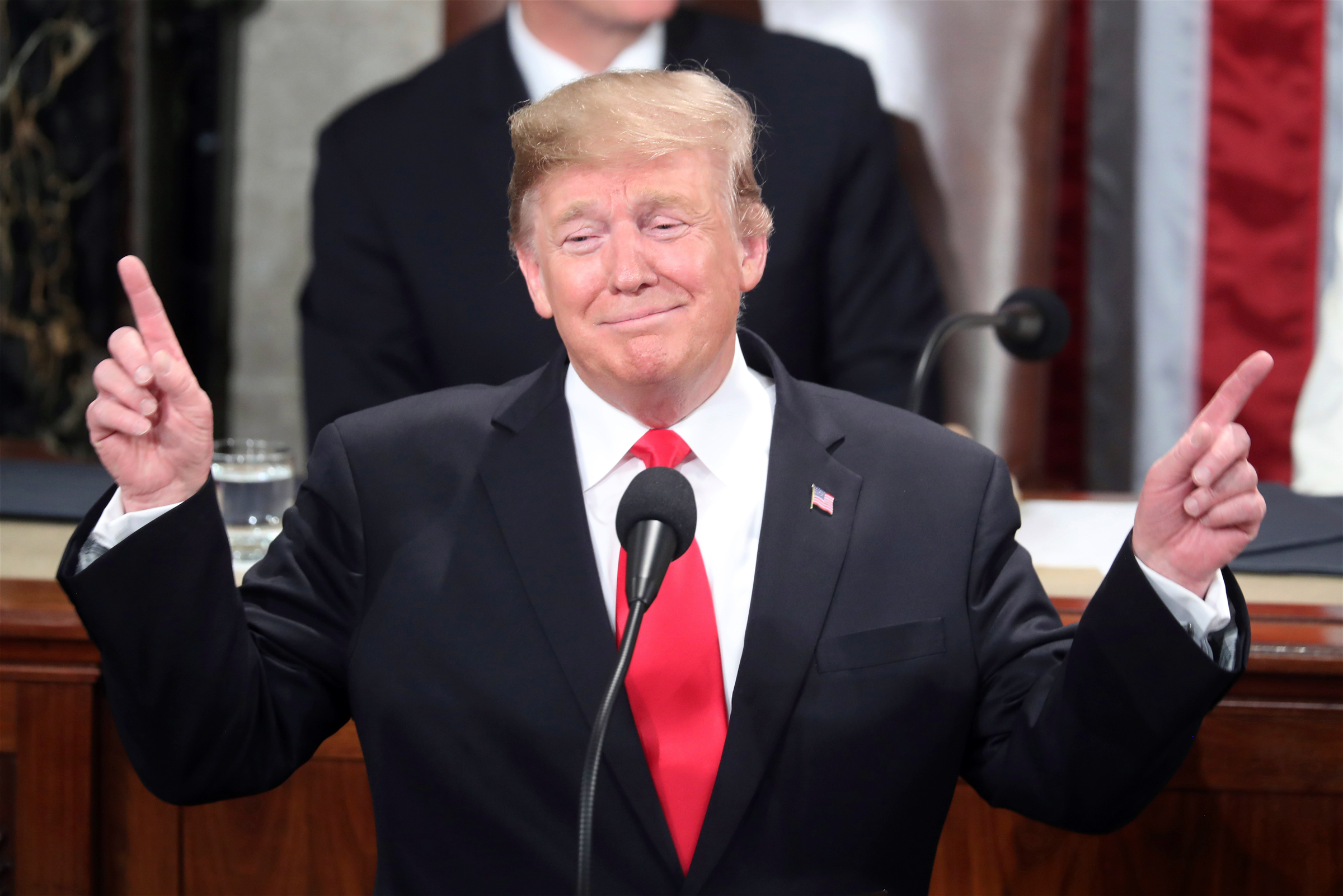
Read more:
- No Trump Support: GOP Candidate Mazi Pilip in NY Won’t Back Trump if Criminally Charged
- Governor Hochul Signs Bill Redefining Rape in New York
- California Gun Control Law Back in the Legal Spotlight
- Iran Bombing Urged by Hawks, Barbara Lee Stands Firm on Peace
Democratic Senator Files Objection
Democratic State Sen. Brad Hoylman-Sigal swiftly filed an objection with the Board of Elections, citing the 14th Amendment’s prohibition on officeholders who have “engaged in insurrection or rebellion.” This constitutional argument, enacted post-Civil War, forms the crux of the objection, aiming to disqualify Trump from the presidential ballot.
Hoylman-Sigal asserted, “The Board of Elections can still uphold the United States Constitution by sustaining our objection and disqualifying Donald Trump from the presidential ballot.”
Legal Battle Looms
Emphasizing his commitment to pursuing legal action if necessary, Hoylman-Sigal stated, “Should the Board of Elections fail to do their duty and rule Trump ineligible, I will see them in court.” He has enlisted the legal expertise of attorneys Roger Bernstein and Jerry Goldfeder to represent him and others who object to Trump’s inclusion on the ballot.
Historical Precedent and Colorado Ruling
Hoylman-Sigal and fellow objectors had previously submitted a letter to the Empire State Board of Elections in December, asserting that Trump should be barred from the ballot due to his alleged role in the insurrection. Drawing parallels with a ruling by the Colorado Supreme Court, Hoylman-Sigal contended that Trump violated the Constitution’s “Insurrection Clause.”
Supreme Court to Weigh In
The controversy surrounding Trump’s eligibility is set to reach a crescendo on Thursday when the Supreme Court deliberates on whether he can be excluded from state presidential ballots. The Colorado Supreme Court’s prior decision serves as a precedent, deeming Trump in violation of the Constitution’s “Insurrection Clause.”
Conclusion: A High-Stakes Battle Unfolds
As the Board of Elections stands firm on its decision to include Trump on the NY primary ballot, the stage is set for a high-stakes legal battle. With Senator Hoylman-Sigal leading the charge, the objections center around Trump’s alleged role in the Capitol riot, invoking constitutional principles. The Supreme Court’s impending decision holds the key to whether Trump’s political comeback will face roadblocks in the state of New York.
In the coming days, the nation will keenly watch as legal arguments unfold, determining not only the fate of Donald Trump’s candidacy but also potentially shaping the boundaries of eligibility for political officeholders implicated in acts of insurrection. The clash between state authority, constitutional interpretation, and political will is poised to add a significant chapter to the ongoing saga of post-presidential controversies.








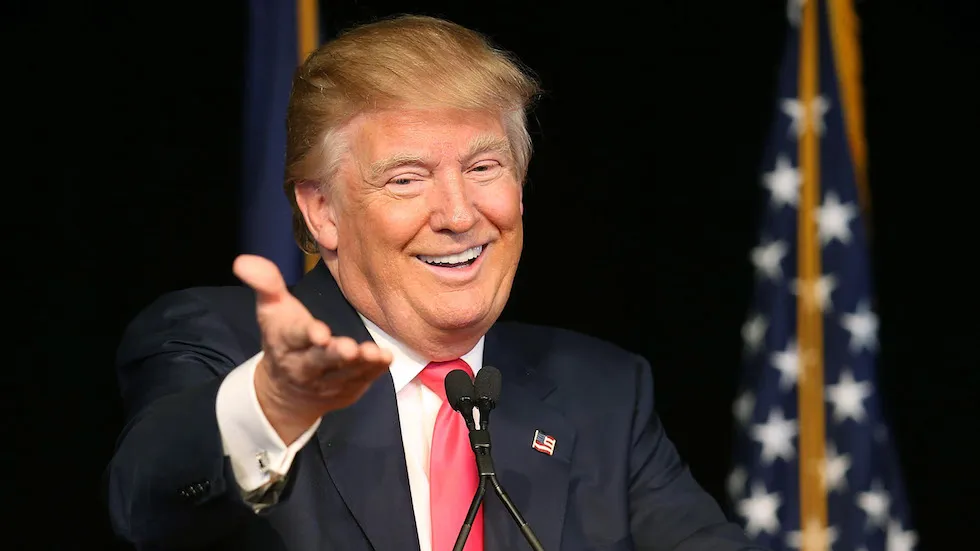
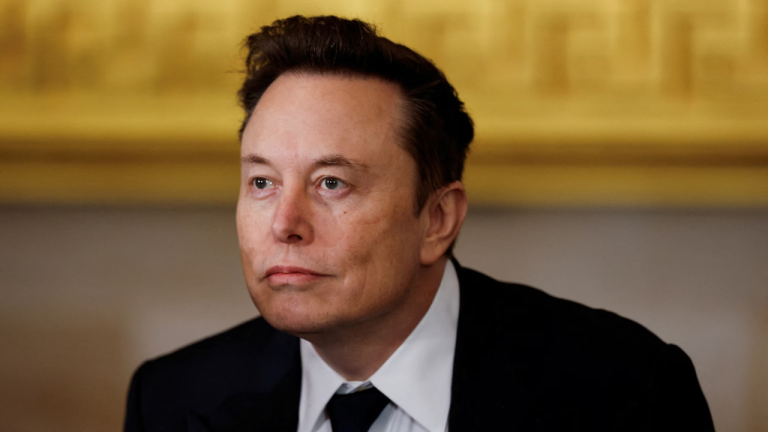


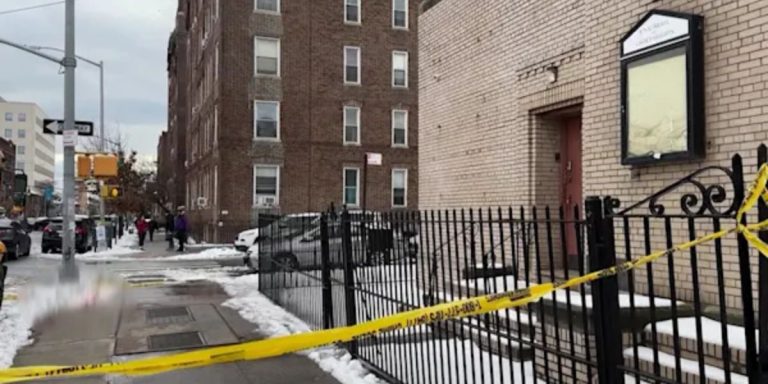



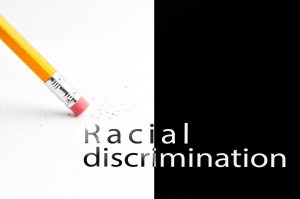











+ There are no comments
Add yours